Dear Andy
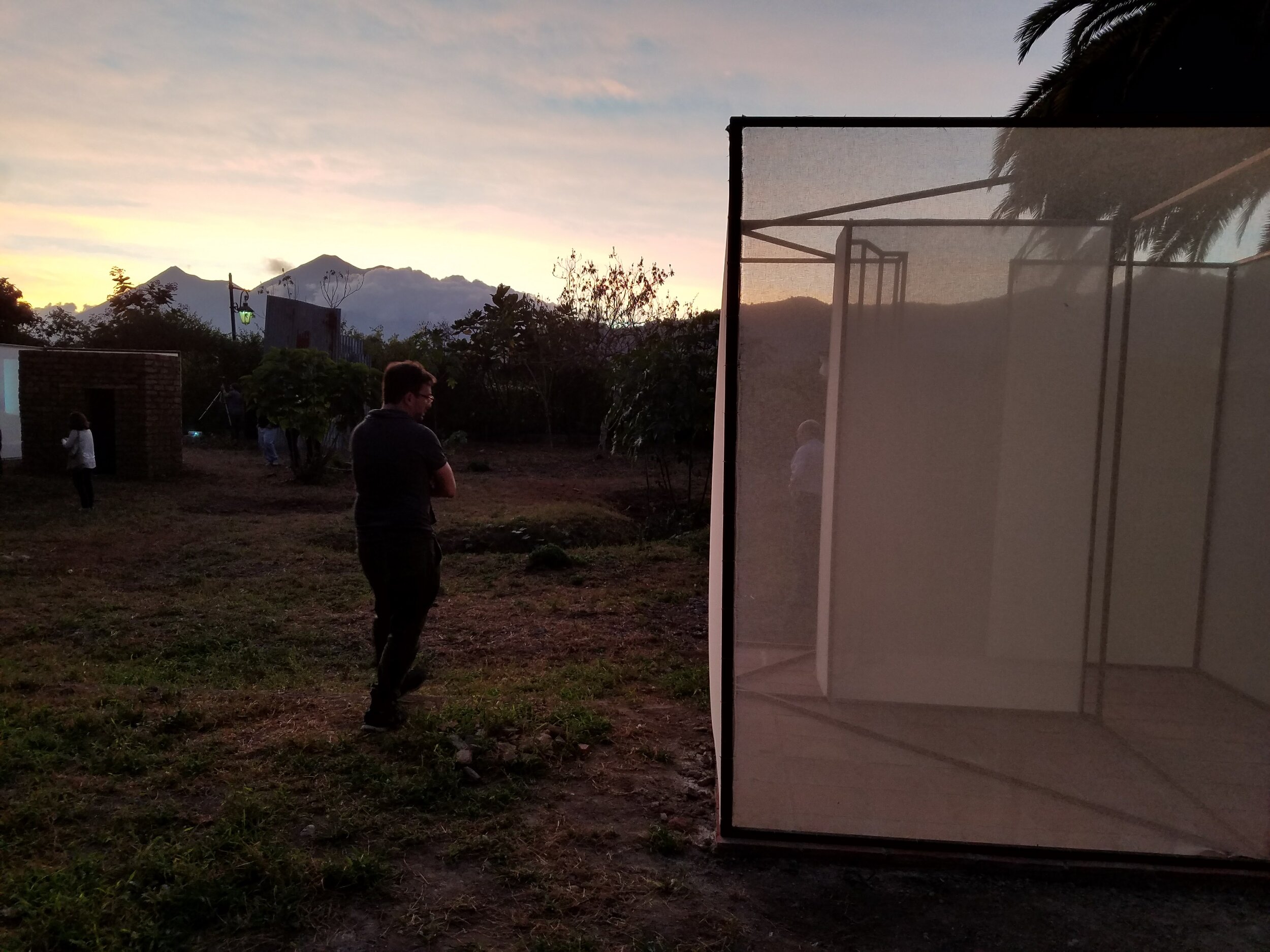
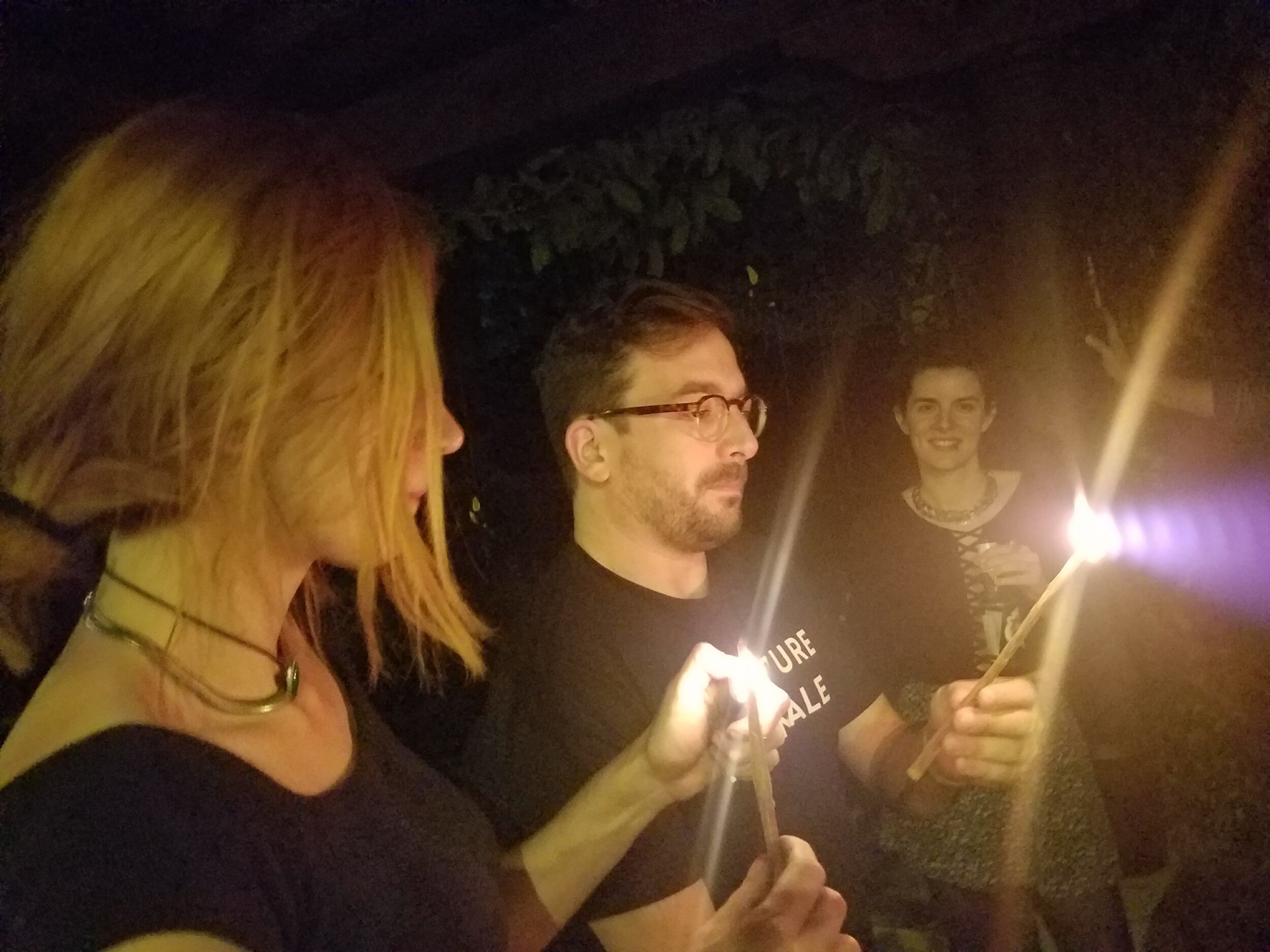
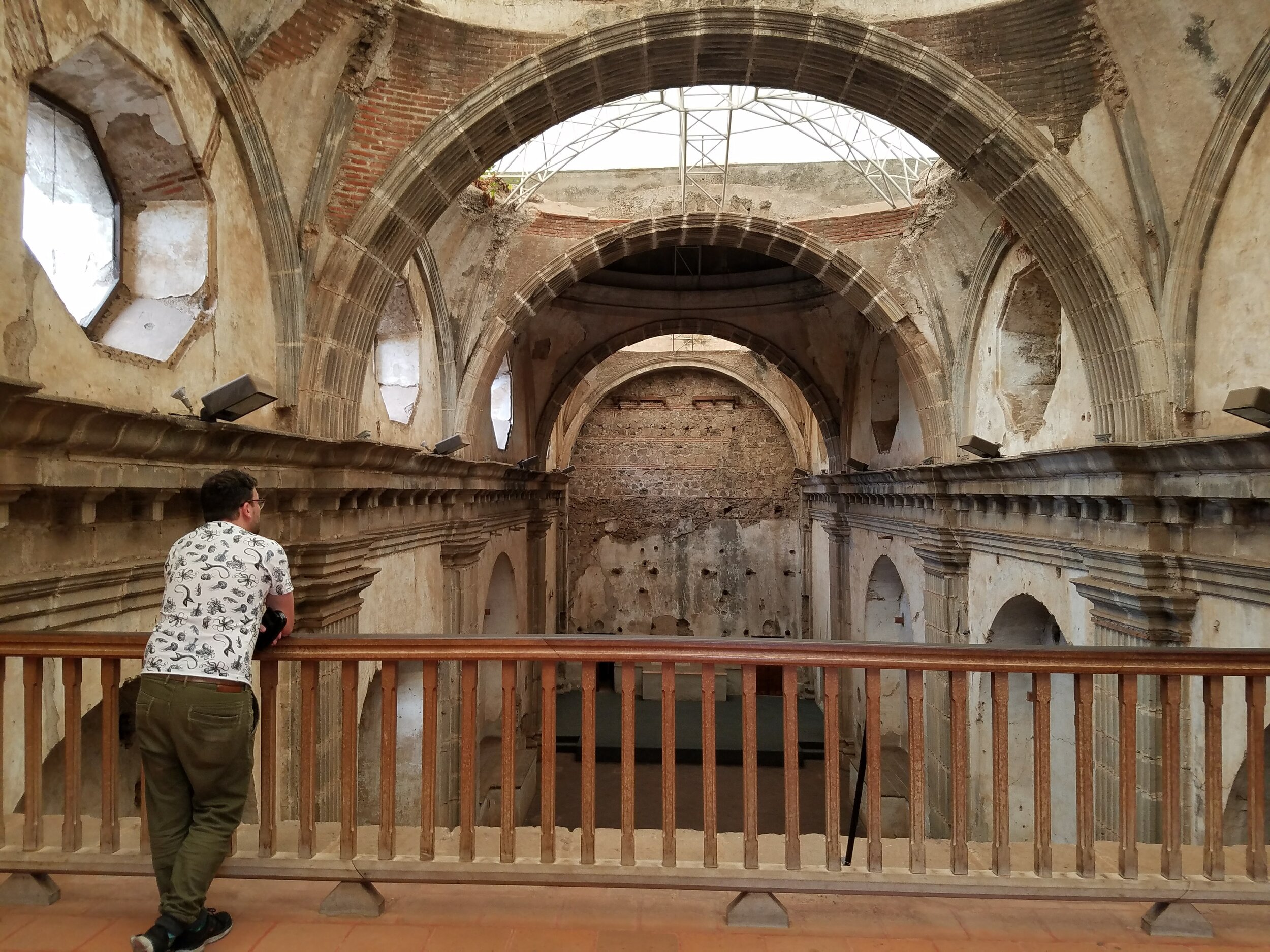
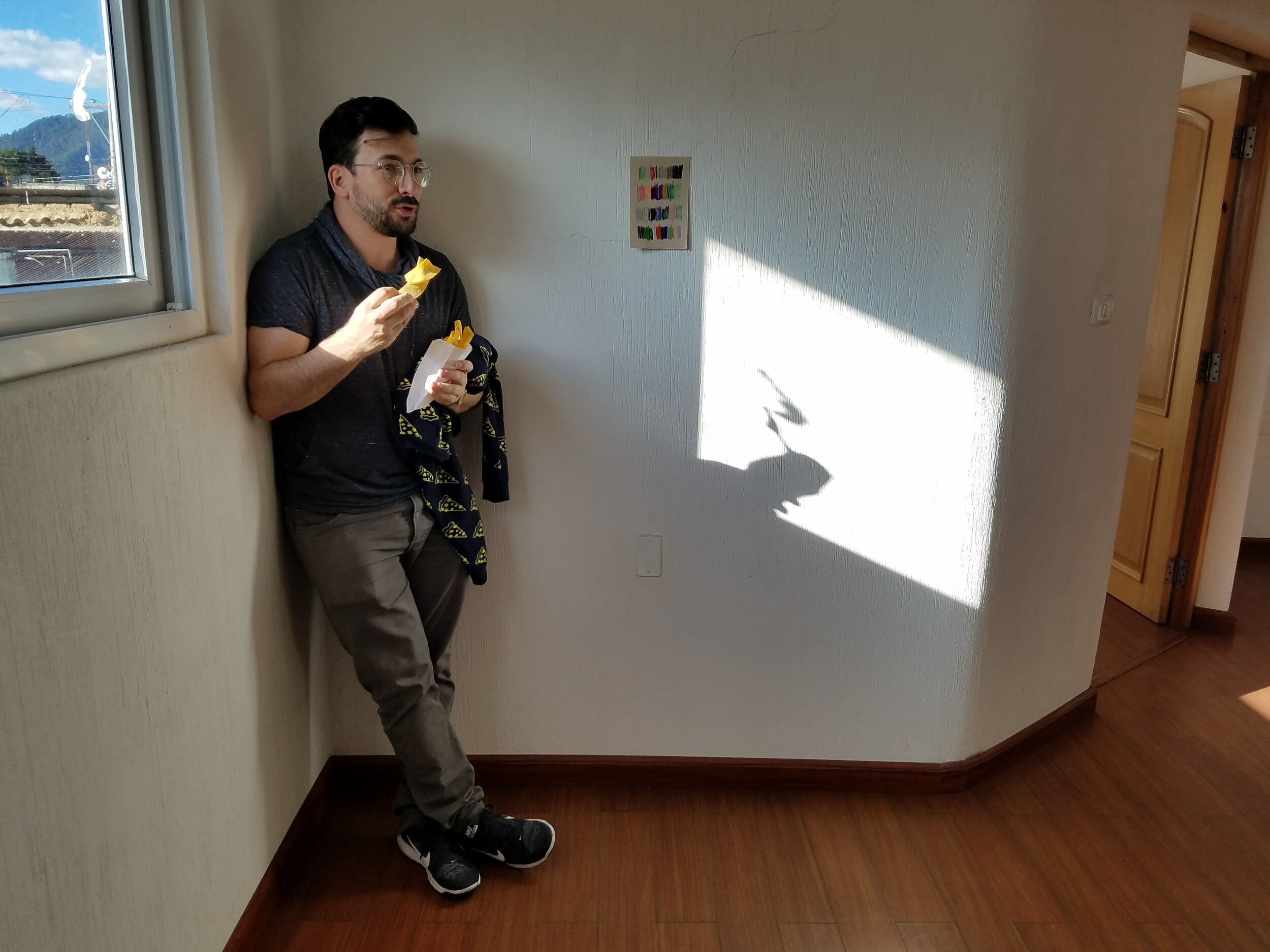
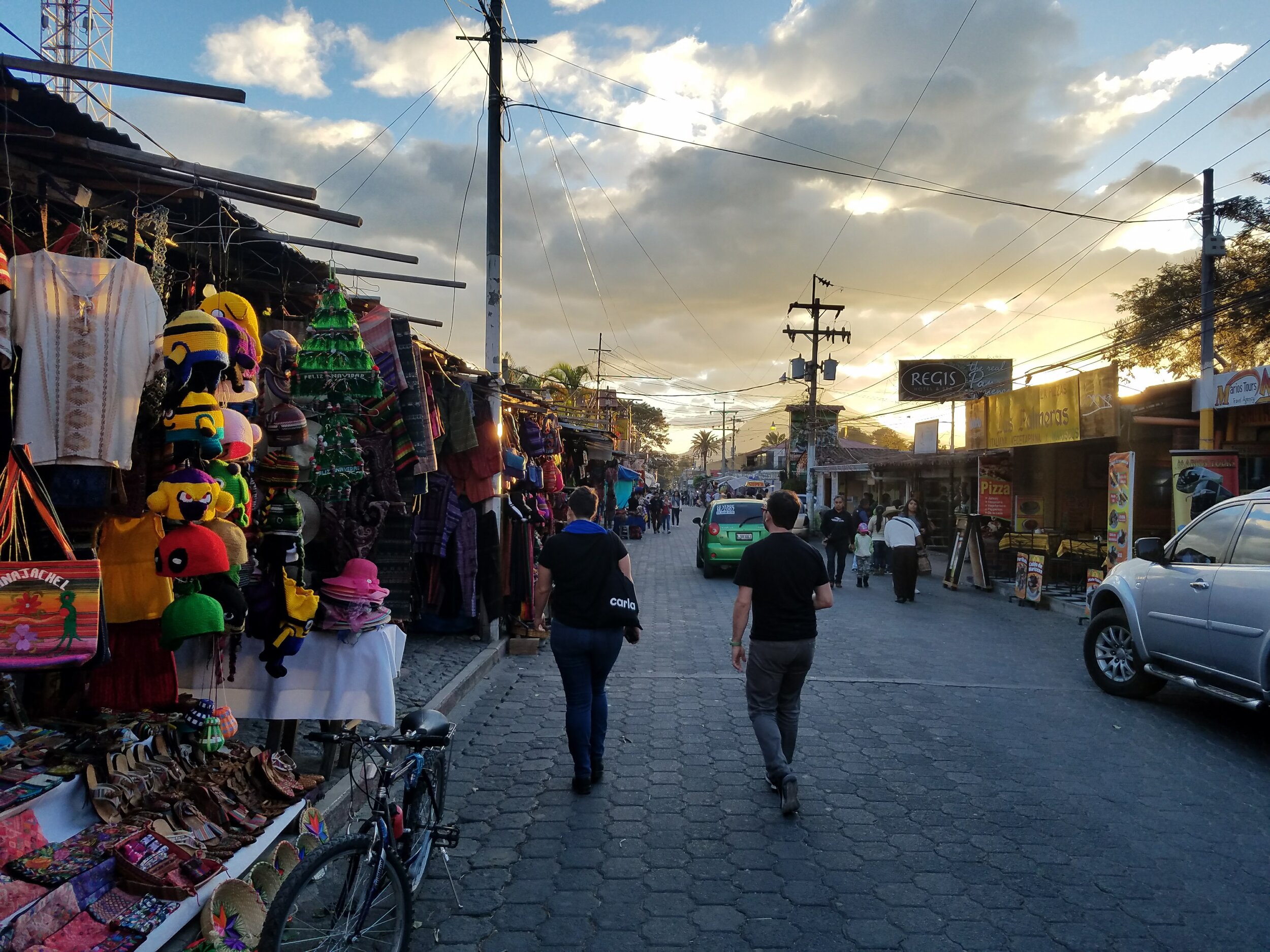
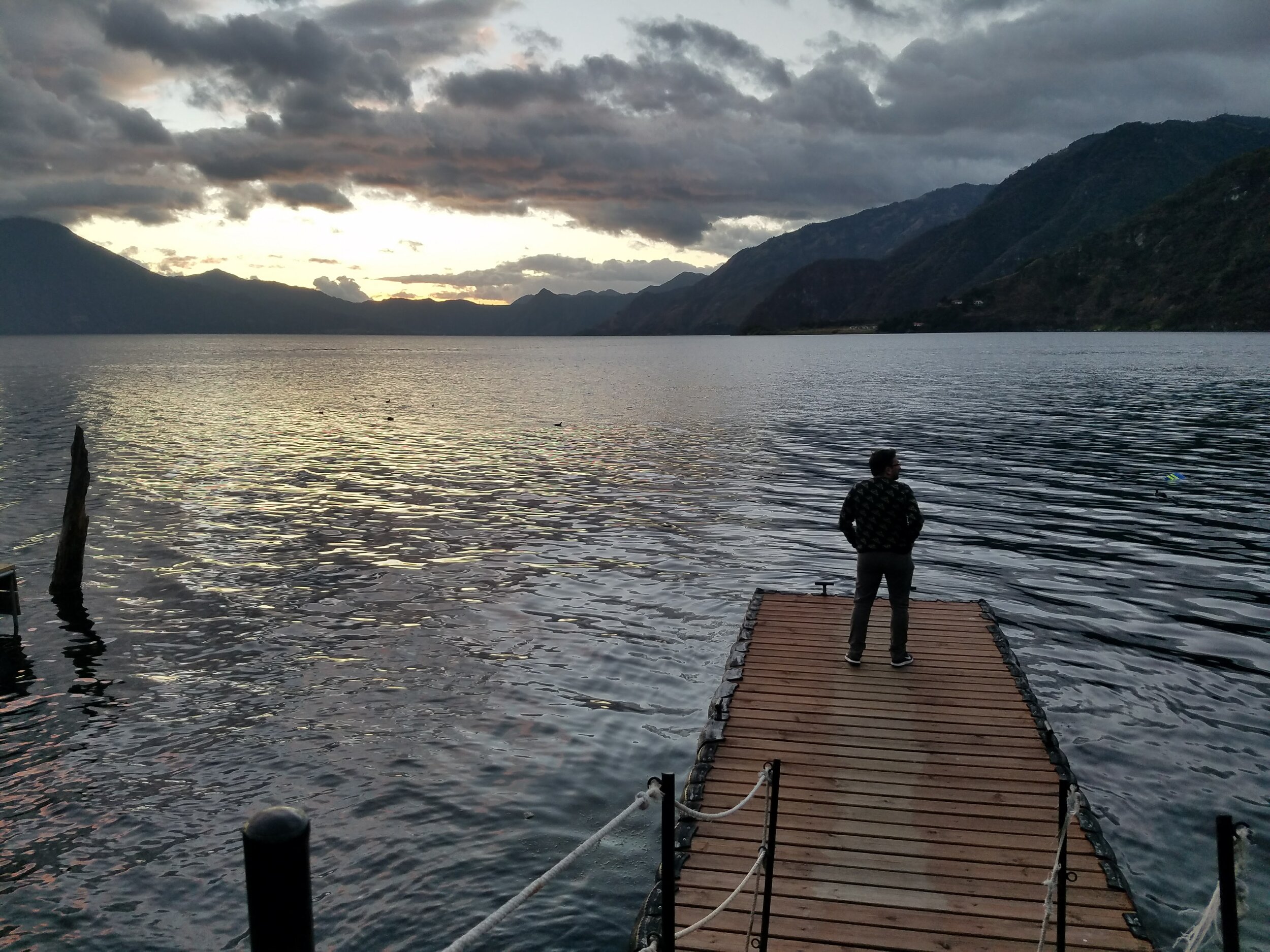
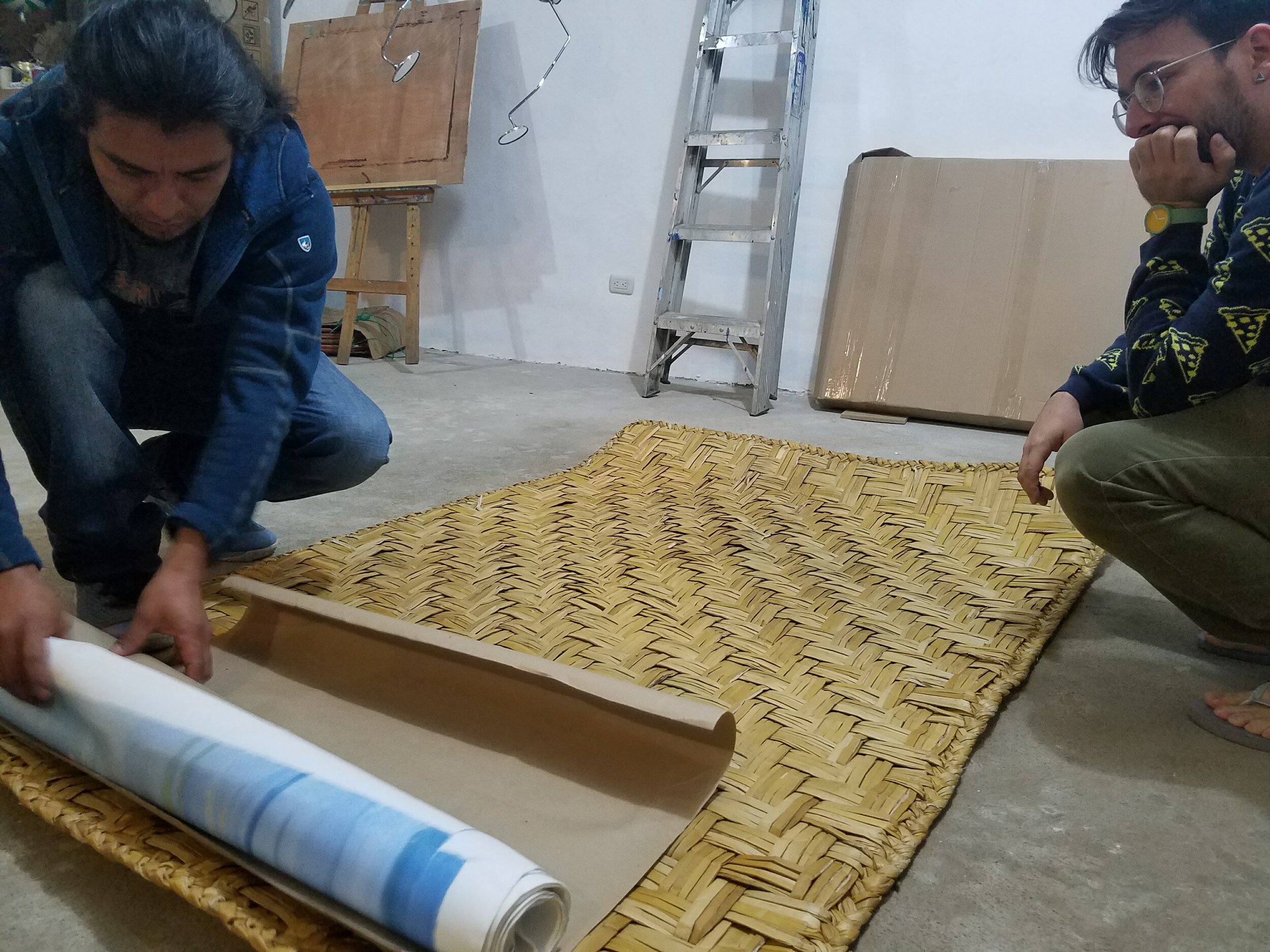
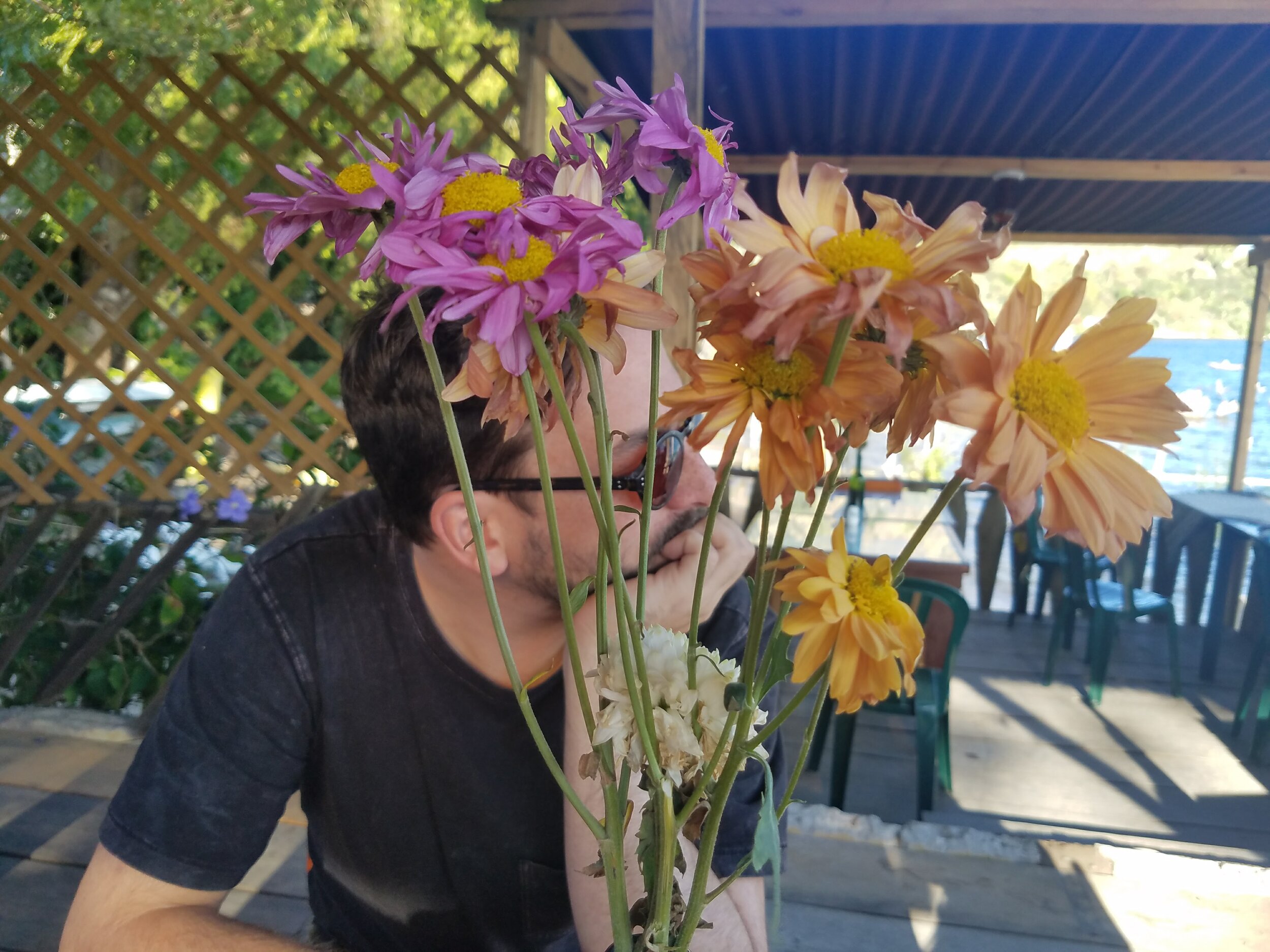
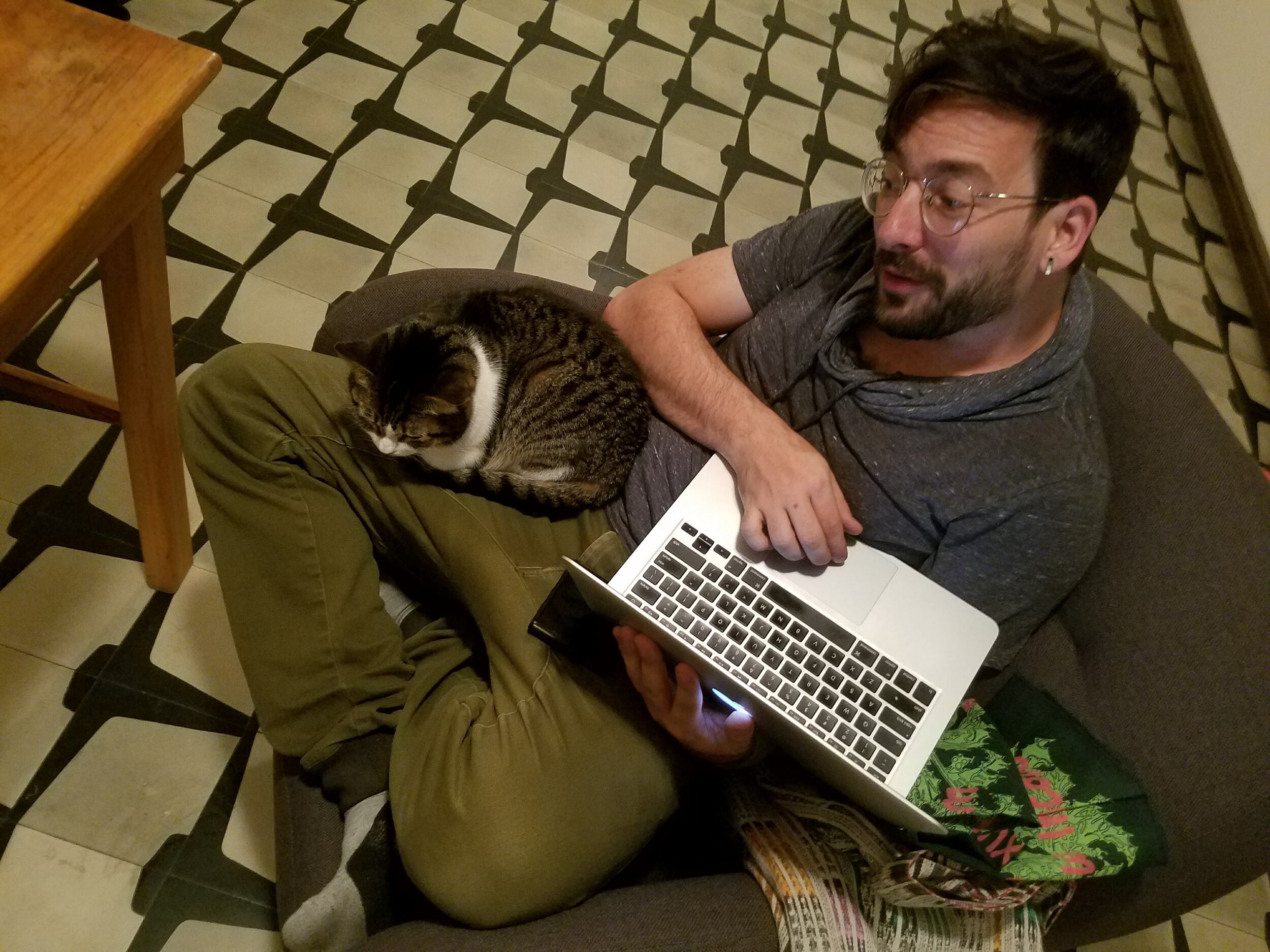
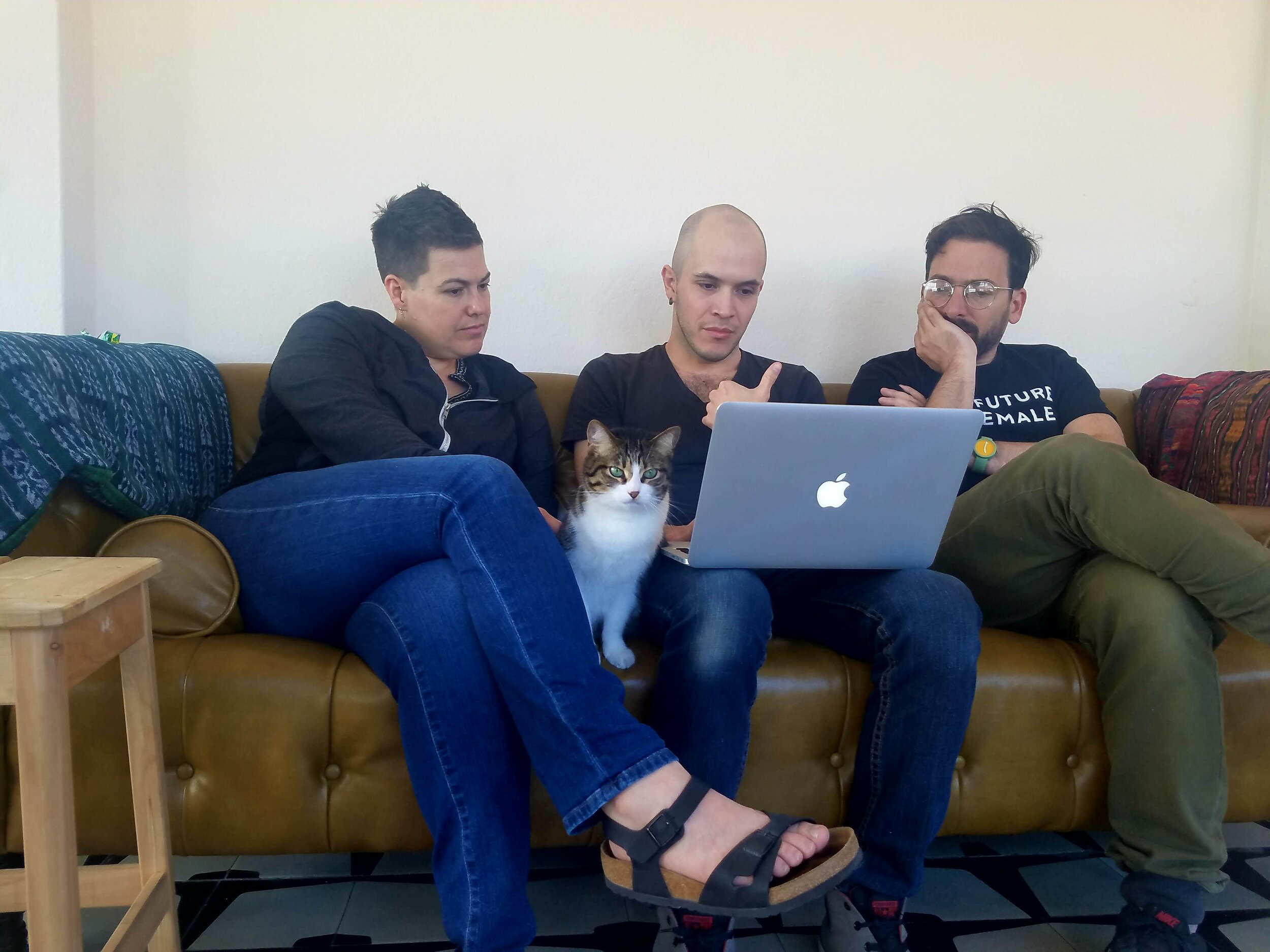
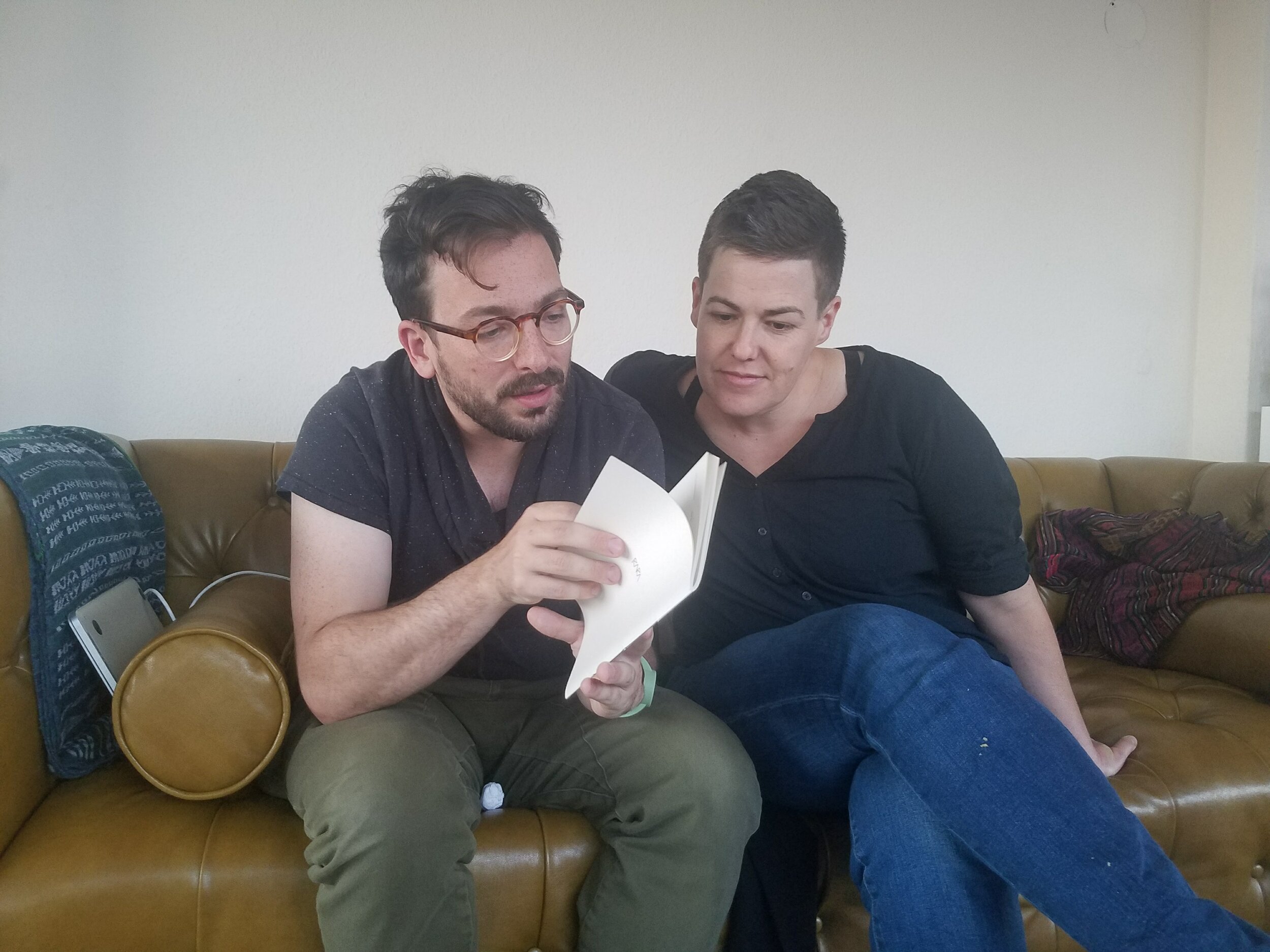
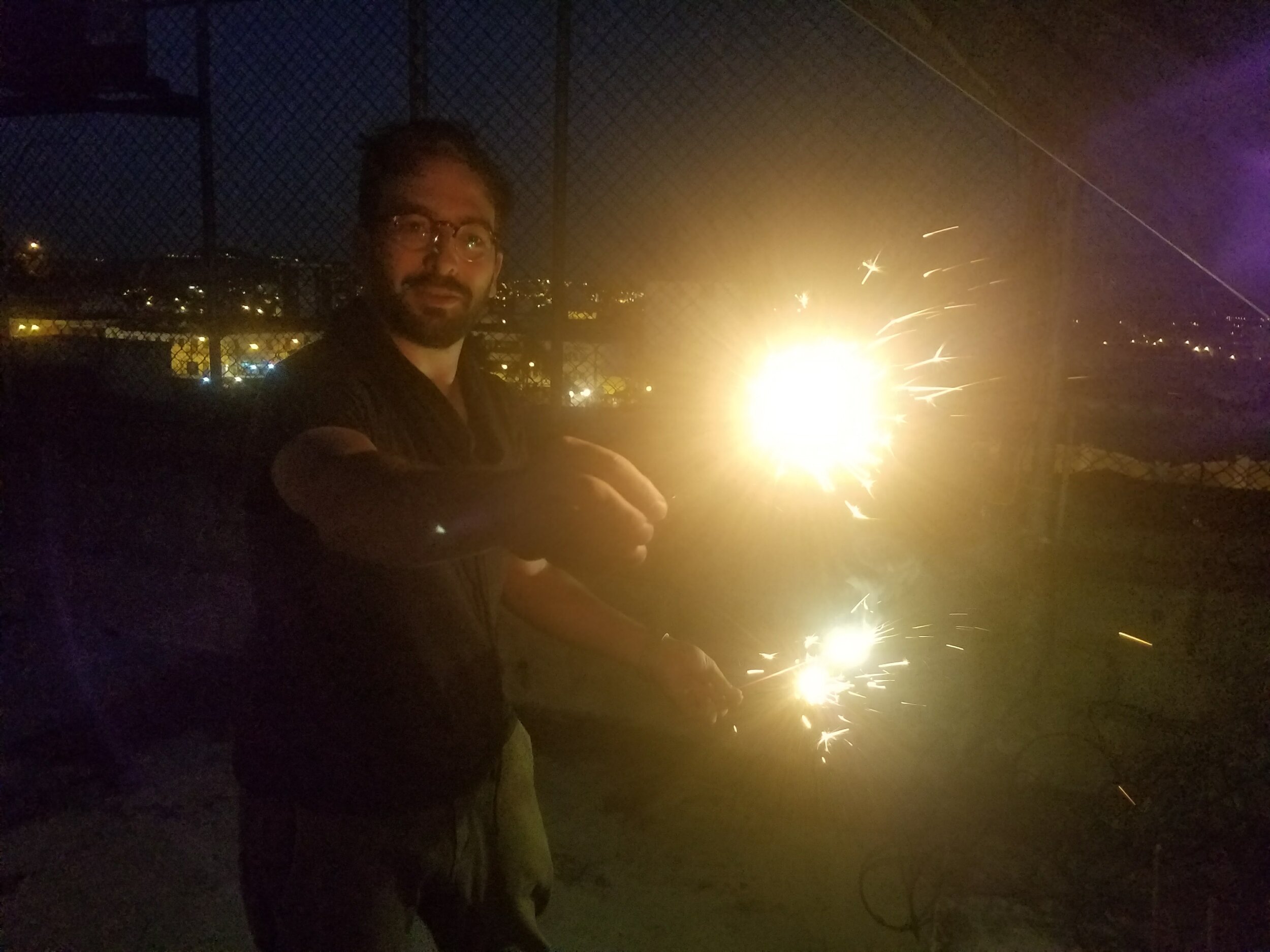
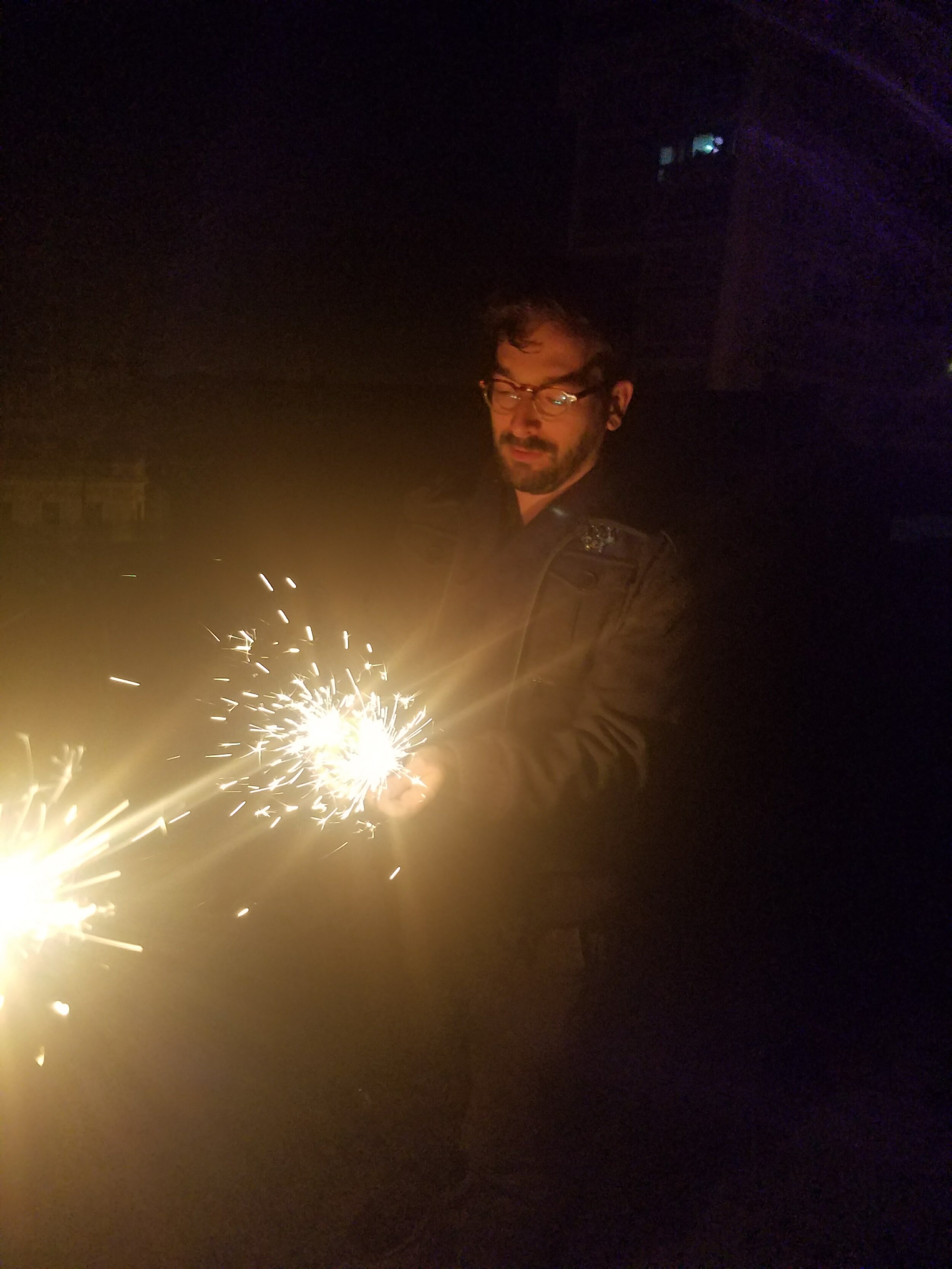
Dear Andy,
Thank you for coming to Guatemala. Those weeks living and working together reaffirmed the reasons I love you and have treasured our friendship for the past decade, the reasons your work is so elegant and important, and filled with pushing and discomfort. I am sensitive to the trust you placed in me and my work, to come to this place that I have told you about, this place where I want to be, and where the questions for you are so different.
What I am trying to find words for is how that time together also changed something for me. How it made me see things differently, and question what I know and how I know it. I think it did the same for you. That's the thing that real intimacy does, isn't it?
I was struck, during your visit, with the way in which a certain temporality, maybe call it speed, haunts you. Forgive me for saying that; I say it without weight, only a sensitivity to the pacing of how we move. I wonder if you felt that as well? I feel it in the patience I am trying to learn as I walk down la Sexta on a crowded afternoon. I feel it as we looked for a cellular phone provider who could help us with your telephone, for days. I feel it as we think about what the future means for each of us, as individuals. How I can't look very far into that future, how I am practicing finding my breath, and how I am working on slowness. When Lily arrived, I remember in the taxi ride how you asked her about a particular job-posting, if she would apply. It was such a shocking moment to me, my whole system reacted viscerally to the question. How could anyone think past the ride home, maybe to dinner time, or until tomorrow? Are we still applying for jobs? Is it a gesture of optimism or delusion to be doing so? It didn't occur to me that we were still doing that. Then, I wonder about the word we; there is a certain presumption to a sharing of space and time.
What I want to think more about with you is what the implications of this pacing are, on our ways of working, our modes of being in the world, our politics, our relationship to academies and institutions. What does rapidity allow? How does future-looking or refusing to look forward constitute specific ways of being? What might these ways of being allow us to do as writers? (The irony is not lost on me that my longest and slowest piece of writing, my dissertation, is titled Looking Forward). What happens if we only look down, to now, to here, to this moment? I don't say this as a reluctance to engage with the bigger forces around me, but instead, to propose that we have much work to do, and perhaps it can only start with a clarification, a cleansing, and a slowing of the exact moment we are in. Slow it down, look at it from every side, really see it, ask questions about it, make it better. Breathe in.
I talk to Rit Premnath this week in Houston. Like many New York-based friends, he is thinking about how to engage with different sites of knowledge than the ones with which he is surrounded. As he is quick to admit, he works in a very particularly privileged place: an international art school in New York, and a quite expensive one at that. He tells me he is trying to slow down, and I ask him what that means. Less social media, he tells me. But what else, I press. How does slowing down make its physical manifestation? How do we move more quickly or more slowly? What does changing our bodies' pacing do for our mental space? We talk about how even slowing down has been corporatized in the U.S., a strategy for increased productivity through rest.
I don't think I read to completion a single novel in 2016. It is the first year since I learned to read that this has happened. It was a year of upheaval and loss for me, so I think about my decision to not read as tied to those experiences. But the truth is that reading something long-form is also a gesture that requires time, and a kind of consistency of effort. My 2017 writing is, as you know, a collection of small stones. You are writing a book. Are you still reading? Tell me how you find the space to do it. I cannot focus now, don't know where to look. I write in small fragments, hoping they will grow into something.
I hope that I will always be able to recall, in deep detail, our travel to Lake Atitlán together, and our studio visit with Feliciano Pop. In the small room where he lives, surrounded by carved stone sculptures, his song was haunting, his story so beautiful, if rehearsed. He had carved a stone President Obama, which sat alongside a carving of Osama bin Laden, a football commemorating the world cup nearby. It was a kaleidoscope of personal and global histories. "Hoy existe el mundo," he said, over and over. Today, the world exists. Today, right now, for now, when we are together, the world exists.
Thank you for trusting me enough to come to Guatemala. Thank you for time and patience and all the sharing, but especially for the trust.
L.
Andy Campbell, PhD was the first resident to visit Yvonne in Guatemala City, from December to January 2016-2017. For more information about his work, visit andycampy.com and about Yvonne, visit yvonne.soy.
